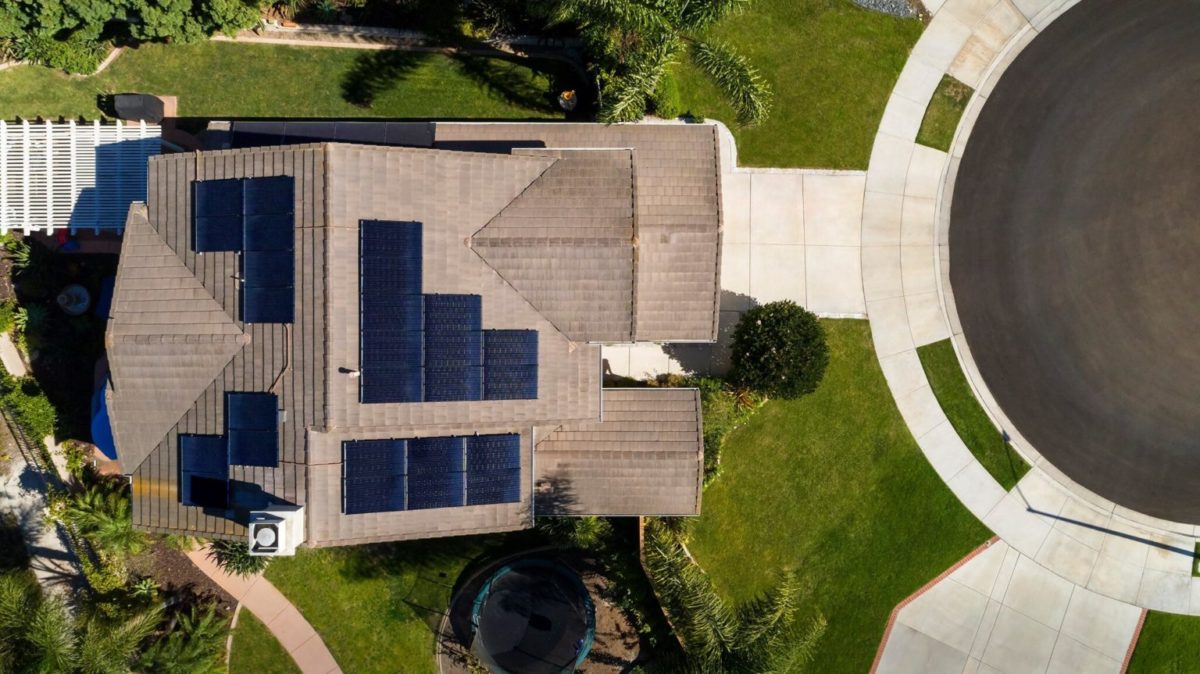From pv magazine USA
Last July, the US Department of Energy (DoE) and the US National Renewable Energy Laboratory (NREL) released Solar Automated Permit Processing (SolarAPP+), a free software program to automate residential solar permitting. The tool – launched in a webinar by DoE Secretary Jennifer M. Granholm, with help from the Solar Energy Industries Association (SEIA) – was later adopted by several pilot cities.
The results from the pilot program are now in, and it appears SolarAPP+ delivered on its promise to reduce project times. In the pilot of five jurisdictions across diverse residential solar market characteristics and needs, SolarAPP+ reduced overall project times by an average of 12 days.
Although the cost for PV equipment has lowered in the last decade, costs from permitting, inspection, and interconnection remain high, said NREL. Shortened project times are viewed as an important feature of customer experience and retention, as residential solar soft costs like customer acquisition are also relatively expensive in the United States.
A smooth permitting process can help both keep a customer satisfied throughout the installation process and make them more likely to refer their friends, family, or neighbors to adopt solar. Referrals are an important part of the residential solar sales process, creating a network of customers and lowering soft costs for developers.
Popular content
Three Californian cities and two jurisdictions in Arizona were chosen for the pilot study. In all areas, project permit approvals were reduced to less than one day on average. The most relief came to Tucson, Arizona, where the paper permitting process averaged 24 days.

The tool also provides relief to authorities having jurisdiction – that is, city and county employees who no longer have to process a massive influx of paperwork due to the steep rise in residential solar demand. The software has been approved for both solar photovoltaic systems and battery energy storage.
On Feb. 17, SEIA will host a webinar to overview the pilot study results.
This content is protected by copyright and may not be reused. If you want to cooperate with us and would like to reuse some of our content, please contact: editors@pv-magazine.com.



By submitting this form you agree to pv magazine using your data for the purposes of publishing your comment.
Your personal data will only be disclosed or otherwise transmitted to third parties for the purposes of spam filtering or if this is necessary for technical maintenance of the website. Any other transfer to third parties will not take place unless this is justified on the basis of applicable data protection regulations or if pv magazine is legally obliged to do so.
You may revoke this consent at any time with effect for the future, in which case your personal data will be deleted immediately. Otherwise, your data will be deleted if pv magazine has processed your request or the purpose of data storage is fulfilled.
Further information on data privacy can be found in our Data Protection Policy.